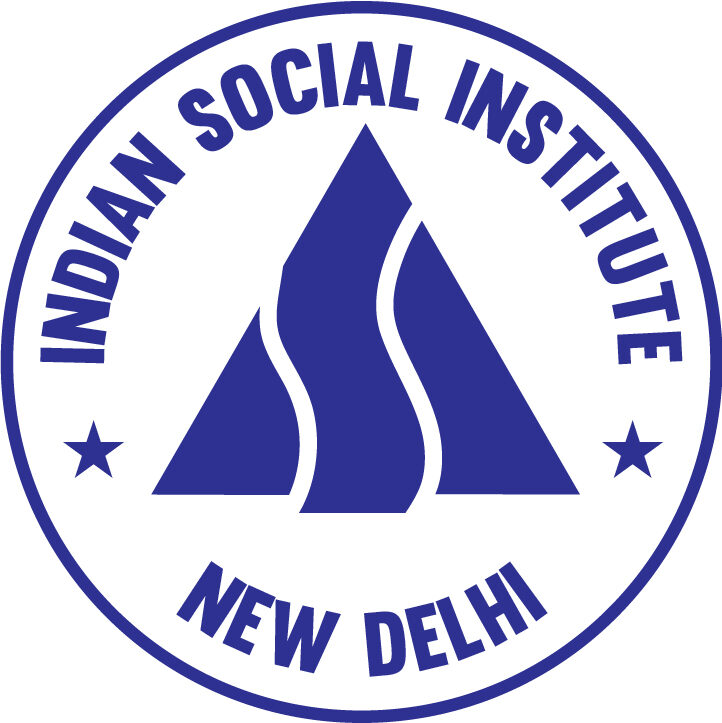Research Projects Completed in 2022
1. ‘Education, Digital Divide and COVID–19 in India’, by Dr. Thomas Varghese and Shinu Joseph, 2022. Funded by ISI, New Delhi.
The study’s objective was to determine rural India’s digital divide. The study was both qualitative and quantitative. For this, semi-structured interview schedules were administered to parents, students and teachers’ management, government officials, and focused Group discussions with the stakeholders. This study was done in six states of India with the help of Jesuit school teachers through the Kobo Collect App. The teachers were trained in the Kobo Collect App to collect data. The results showed a substantial digital divide in rural areas because of poverty, which leads to poor accessibility of digital devices, poor electricity connection, and network connectivity.
2. ‘A Historical Study of Tribal Chiefdoms of Jharkhand: Kherwars of Ramgarh, Mundas of Bundu, Bhumijs of Jungle Mahal, Nagwansis of Ranchi, Santhals of Hazaribagh & Others’,by Dr. Vincent Ekka, Dr. Juhi Priyanka Horo and Ms Archana Sadasuman, Funded by Tribal Research Institute (TRI), Ranchi (Jharkhand) Ministry of Tribal Affairs.
3. ‘Study of Customary Laws, Social and Religious Practices of Five Major Scheduled Tribes of Jharkhand: A Comparative Analysis’ by Dr. Benjamin Bara and Dr. Arun Kumar Oraon, Funded by Dr Ram Dayal Munda Tribal Welfare Research Institute, Government of Jharkhand.
This research study was done on five major tribes living in Jharkhand. It made significant discoveries about the customs of these five major tribes: Santhal, Oraon, Munda, Ho, and Kharia. These significant discoveries revealed that different traditional administrative systems and customs still exist in different tribal communities, and there is some degree of similarity. Nevertheless, in some communities, the earlier practices are on the verge of extinction.
4. ‘Value Chain Analysis of Four Minor Forest Products (Tamarind, Sal Seed, Chironji, and Lac) in Jharkhand’ by Mr. Robert Cosmos Kerketta, Dr. Shreya Jessica Dhan and Dr. Arun Oraon, Funded by Dr Ram Dayal Munda Tribal Welfare Research Institute, Government of Jharkhand.
The objective was to study the value chain of MFPs and analyse the benefits derived from the government schemes. The research covered eight districts and obtained information from the local people about four minor forest products. In this regard, qualitative data was collected from the local people to understand how they create value chain processes in the four minor forest products and what kind of technology they use for the value chain process. The study observed that the income of gatherers involved in MFPs is meager due to ineffective cooperative societies.

